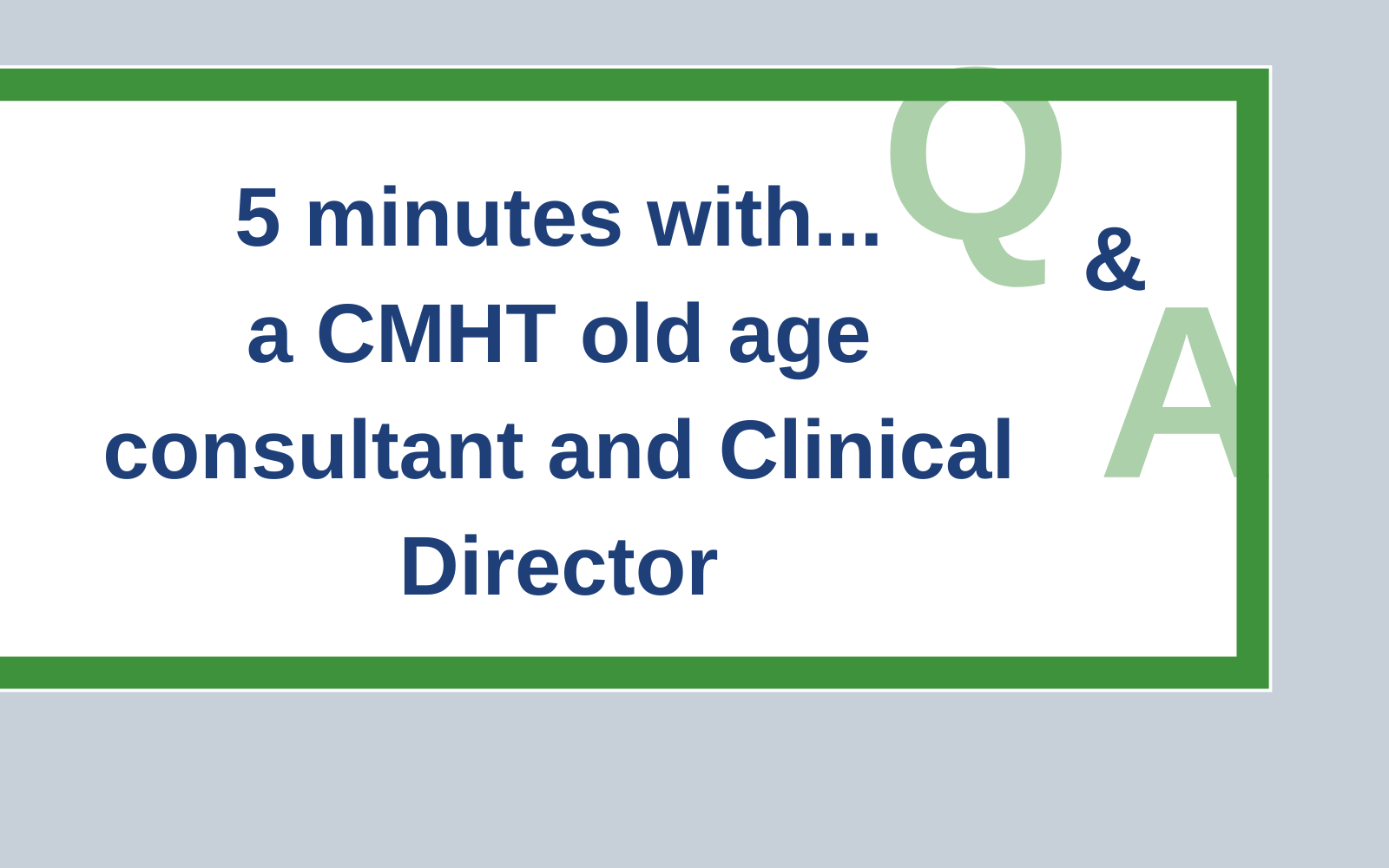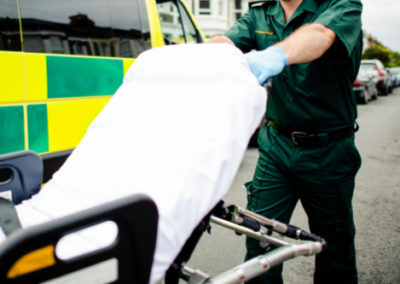Dr Nicky Funnell is a community mental health teams (CMHT) old age consultant and clinical director at the South London and Maudsley NHS Foundation Trust.
Since July 2020, Primary and Secondary Care clinicians in Lambeth and, more recently, Lewisham, have been able to use Telephone Advice & Guidance via Consultant Connect. This service enables clinicians to obtain Mental Health Advice & Guidance from mental health specialists on patient-related queries.
This service was introduced to complement the physical health Telephone Advice & Guidance specialties which were already available to clinicians in the area.
Dr Funnell talks to us about her personal experience of answering Advice & Guidance calls through the Consultant Connect service:
Did you have any concerns before you started answering calls via Consultant Connect? If yes, do you feel that you have overcome these initial apprehensions?
‘I had some concerns that there would be a large volume of calls that I wouldn’t have the capacity to answer. The reality is that I have had a manageable number of calls with the knowledge that other consultants are on the rota if I’m not free to take a call. In general, I have usually been free to take the calls and they have been a welcome addition to my usual working day.’
As a CMHT old age consultant, what are the benefits of the Consultant Connect service to you?
‘I’ve really enjoyed having conversations with our local GPs. The GPs know their patients well, and having their experience of the patient, combined with the specialist consultant knowledge, has enabled opportunities for joint working. Having a conversation is so much richer than emails, and often so much quicker in sorting out complex issues.’
Have you found it easy to use?
‘Yes, all you need is a mobile phone. It comes up on the screen that it’s a Consultant Connect call and you have a choice about whether you are free to take the call.’
How has it helped your department?
‘We’ve had a number of patients about whom we have been able to give advice, who otherwise would have needed a referral to our service. Consultant Connect has resulted in these patients getting the same treatment but with advice on the day rather than having to wait, whilst freeing up hours of clinicians’ time.’
How has it helped with your response to COVID-19? What changes have you needed to make?
‘We continue to try and minimise face-to-face contact during the pandemic, and having Consultant Connect as an option has reduced the need for unnecessary face-to-face appointments.’
What do you see as the main benefits to patients?
‘They get advice on the day they need it rather than have to sit on a waiting list and come to an appointment for that same advice.’
How do you think this service could be expanded to help more patients in your area?
‘We have three consultants on a rota Monday to Friday, 9am to 5pm, and we have the capacity to take more frequent calls. GPs who have used the service have reported that they have found it very helpful and are using it again, but there are some GPs who are not aware of the service or forget it’s an option, so we are reminding them that we’re here to help!’
Are you able to share a recent patient issue you were contacted about through the Consultant Connect Mental Health Advice & Guidance service?
‘I received a call last month about an 80-year-old lady who was diagnosed by our memory service with Alzheimer’s disease three years ago, but who was not currently under Secondary Care. Over the past three months, she has become more forgetful and had developed some paranoid symptoms, believing her neighbours had a spare key, were entering her property when she was asleep, and hiding objects around the house. She was quite distressed about this but through discussion we were able to establish that there were no acute risks to herself or others. I reviewed her medication and did not feel she was on any that were likely to be worsening her cognition. Her GP had helpfully carried out some baseline bloods and an MSU (urine test) which I reviewed, and found that no physical factors were causing her deterioration. She was already on donepezil but no other psychiatric medication. I was able to advise that she should start on memantine and I advised on a dose of titration which her GP was happy to monitor. We agreed she did not meet the threshold for prescribing an antipsychotic at this stage or need a referral to the older adult CMHT at this point, but that she could be referred to us if there is no improvement in her symptoms with the memantine or if the risks increase. Her GP was happy with this plan, and said they had thought this would probably be the treatment plan, but they had found it helpful to check the plan was appropriate, and it gave them confidence in managing the patient going forward.’





